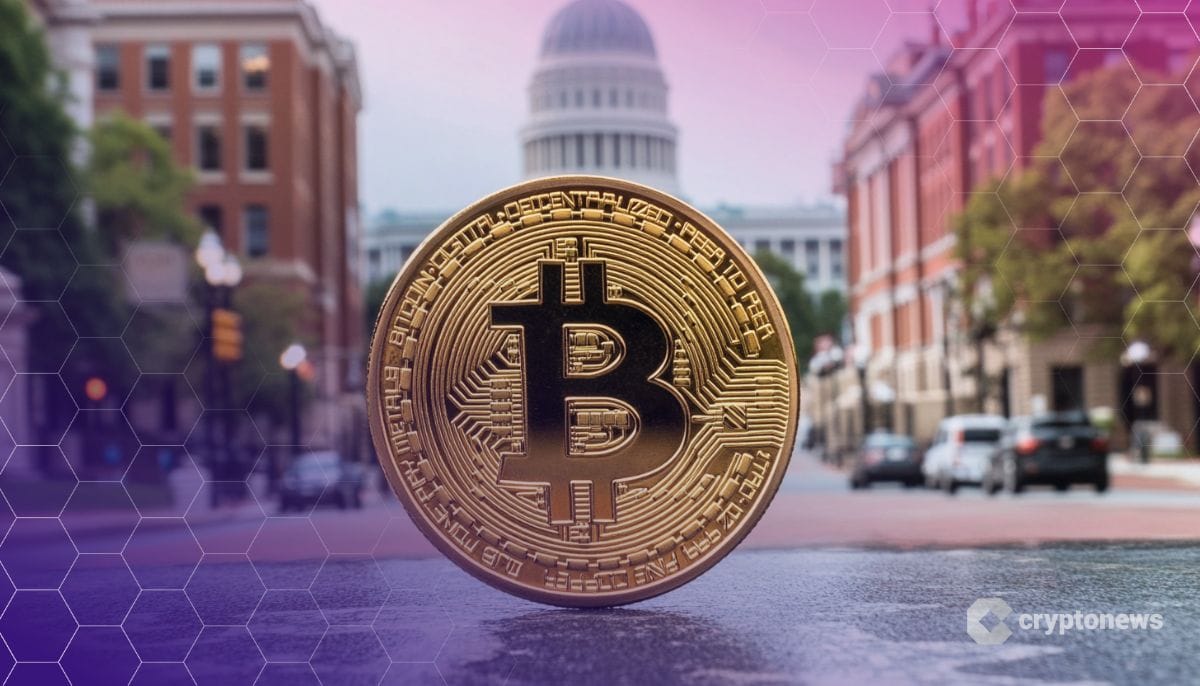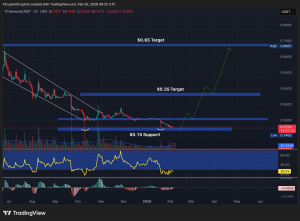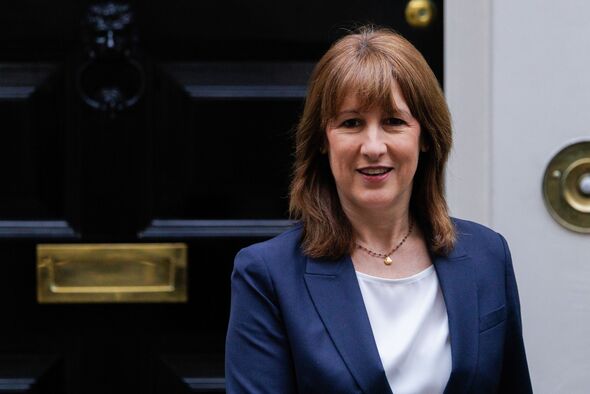Last updated:
 Why Trust Cryptonews
Why Trust Cryptonews
Ad Disclosure
We believe in full transparency with our readers. Some of our content includes affiliate links, and we may earn a commission through these partnerships. Read more

Maryland is moving forward with integrating Bitcoin into its financial framework. On Friday, February 7, 2025, State Representative Caylin Young introduced legislation to create a Bitcoin reserve.
Maryland has become the 17th U.S. state to propose a Bitcoin reserve strategy, reflecting the increasing cryptocurrency adoption at the state level.
Maryland Joins Bitcoin Adoption as More States Consider Bitcoin
MD HB1389, introduced by Maryland State Representative Caylin Young on February 7, proposes that the state diversify its investment portfolio by holding Bitcoin as a hedge against fiat currency inflation.
If passed, the legislation would establish a Bitcoin Strategic Reserve Fund, overseen by the state treasurer, to act as a reserve asset.
The proposed bill allows Maryland to invest in Bitcoin using funds obtained from enforcing gambling violations.
Additionally, it permits the fund to accept Bitcoin donations from governmental entities and state residents.
The legislation would also require government agencies to accept cryptocurrency for taxes, fees, fines, and other approved payments. Payees would be responsible for transaction fees.
The bill outlines a structured approach to purchasing and storing Bitcoin, emphasizing security, transparency, and accountability in managing digital assets.
Maryland joins a growing list of states considering similar legislation, including Arizona, Alabama, and Florida, among 17 others.
The number has now reached 17 of the 50 U.S. states, according to data from bitcoinlaws.io.
Maryland’s bill follows recent initiatives in other states, including Utah, where House Bill 230 advanced through the House on February 6 and is now heading to the Senate.
Utah’s bill proposes allowing the state treasurer to allocate up to 5% of certain public funds into Bitcoin and other high-cap digital assets.
Similarly, Kentucky introduced a Bitcoin reserve bill (KY HB376) on February 6, authorizing the State Investment Commission to allocate up to 10% of excess state reserves into Bitcoin and other digital assets.
ECB Says No to Bitcoin Reserves—But Will U.S. States Move Forward?
Senator Cynthia Lummis is moving forward with her Bitcoin reserve bill, which seeks to position the U.S. as a major holder of the digital asset.
In a Jan. 21 interview, she stated that while progress is being made, the bill requires at least 60 Senate votes for bipartisan support.
The proposal seeks to accumulate 1 million Bitcoin—5% of the total supply—over the next five years.
The U.S. could partially fund this reserve by repurposing the 198,100 Bitcoin seized from asset forfeitures.
In comparison, the remaining 801,900 Bitcoin could be acquired through emergency financial measures, such as reallocating a portion of the country’s $455 billion gold reserves.
Asset manager VanEck estimates that if Bitcoin appreciates at a 25% annual rate while the U.S. national debt rises by 5% annually, the U.S. could reduce its debt by 35% by 2049.
Meanwhile, Europe takes a more cautious approach. European Central Bank (ECB) President Christine Lagarde has reiterated that Bitcoin will not be included in EU central bank reserves, citing concerns over liquidity, security, and its association with illicit activity.
ECB board member Piero Cipollone warned that national banks adding Bitcoin may face reevaluations of their repo and swap agreements.
Amid all these, globally, El Salvador and Bhutan already hold Bitcoin, while Germany, Poland, and Hong Kong are exploring similar moves.
As states continue exploring Bitcoin reserves, policymakers and investors alike are prompted to consider how this digital asset could reshape traditional finance in the years ahead.
















